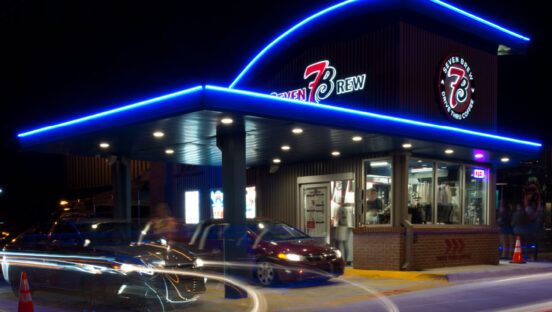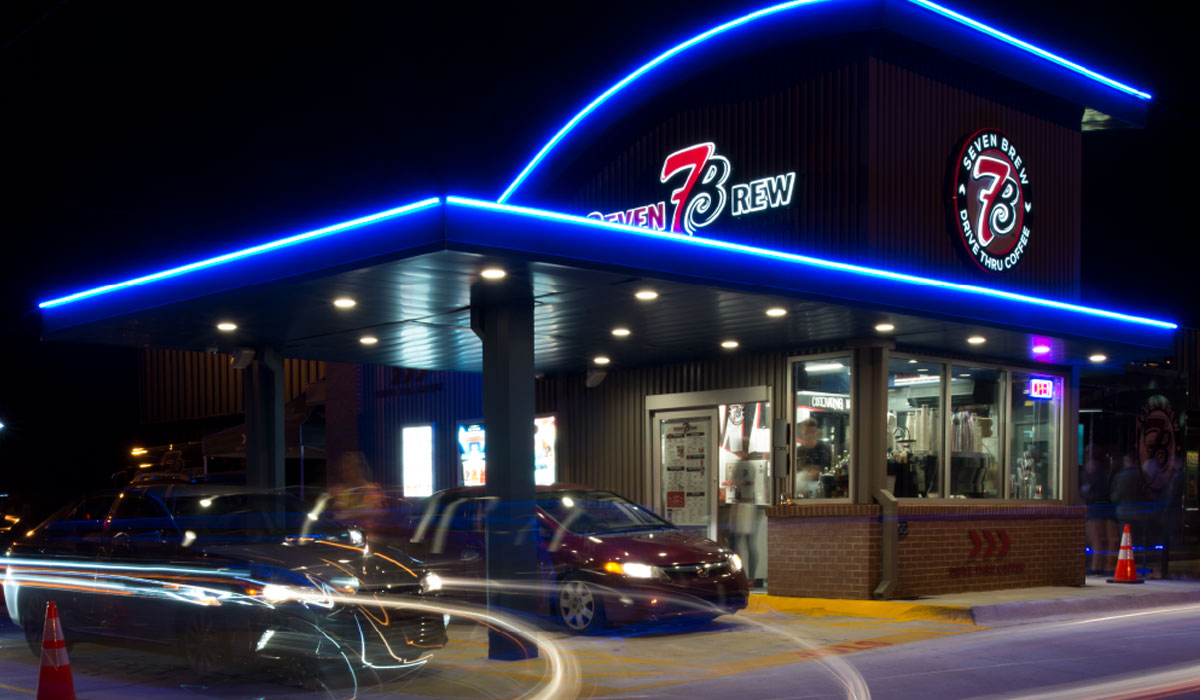From shrimp in cereal to E. coli in lettuce, brands have seen their fair share of food safety concerns in recent months. Just one post online can throw a franchise into the spotlight with millions paying close attention—and not in a good way. On top of this, restaurants are still grappling with staffing, training, retention, and adjusting to serve customers in a COVID-19 world.
When food safety incidents arise, how a company immediately responds, or doesn’t, directly impacts its relationship with customers, and its brand reputation. Unfortunately, too often brands shy away from addressing food safety issues head on and lose the opportunity to own the conversation. Instead, public perception takes over and shapes the brand’s image. So how can restaurants maintain a positive reputation while navigating unexpected crises?
Training: Most crises are business issues that have gone unaddressed or are a result of processes that are not being held to brand guidelines and protocols. If a customer receives an order with adulterated food, that’s an example of how a brand and its suppliers can improve food safety inspections. If a customer reports the food safety issue to someone at the front counter, but that person doesn’t know how to handle the situation, or worse, isn’t empowered to help the customer, that’s an opportunity for customer service training.
Most issues that gain wildfire publicly and damage a brand’s reputation could be resolved with improved training or talking more consistently about a restaurant’s standards and protocols, so they are top of mind for employees. Incremental training goes a long way in empowering employees to manage and care for the business.
Timing is everything: Make sure that issues shared on social media, especially when posted publicly or inquiries from media, are responded to immediately. Crises that sit for more than a couple of hours without acknowledgement tend to inspire users to post multiple times or share their complaints on other social platforms. Media will run the story with or without a comment from the brand. When unsure how to handle a social media inquiry, respond publicly acknowledging their concern and letting them know the company is looking into the situation.
Commit to a chain of command process that empowers the brand’s social media team to give and receive important information to protect the brand. When responding to media inquiries, be quick to shut-down any inaccuracies. Ask for time to investigate the situation. The health and safety of customers comes first. Be authentic with media and most will understand the company is trying to do the right thing.
Engage—but don’t argue: Acknowledging and responding to negative comments in social media is important for brand reputation, but set a cut-off point for users who are engaging in argumentative or “trolling” behavior. Too often a brand’s misstep in a crisis is when they trip over their own communications, particularly in social media. Make sure to keep public messaging short and encourage users to contact the team directly with any additional questions or thoughts around the issue.
Add a human touch: This is especially important for a crisis where multiple people are posting about it. Avoid posting repetitive messages that are canned and robotic. Adding a user’s name also goes a long way in creating a human connection. Arm the company’s social media team with empathetic messaging and empower them to cater messaging around the concerns of the consumer and assure them how the situation is being addressed.
Respond publicly, resolve privately: Ensure that the brand responds to any public posts regarding a crisis to acknowledge the issue, but guide disgruntled users to private messaging to complete resolution and avoid escalating the issue further. Never draw conclusions, keep responses short and to the point.
Trust is the currency of business. When unexpected issues arise, maintaining a positive restaurant reputation while managing the crisis can have a direct impact on the business if not addressed correctly. With just one post, a franchise can fall under the spotlight instantly. Social media drives news and news drives social media—often exposing business issues.
If a company has an inadequate response plan and poor communication, public perception takes over, shaping the brand’s image. As a result, your brand will lose more consumer trust. Once that trust is broken, it’s hard to regain.
A communicator’s basic communications plan should include a clear response process, training, social media engagement guide, and short, concise messaging. These tools will help to ensure brands don’t get stuck in the middle of a conversation while untangling the original issue in responsive manner.
Jessica Nuñez is founder of TruePoint Communications, an integrated communications agency that is among the nation’s Top 100 PR agencies and Inc. 5000’s Fastest Growing Companies. Jessica has deep experience with integrated marketing campaigns and is an expert in crisis communications, helping organizations navigate issues that impact reputation and revenue.














